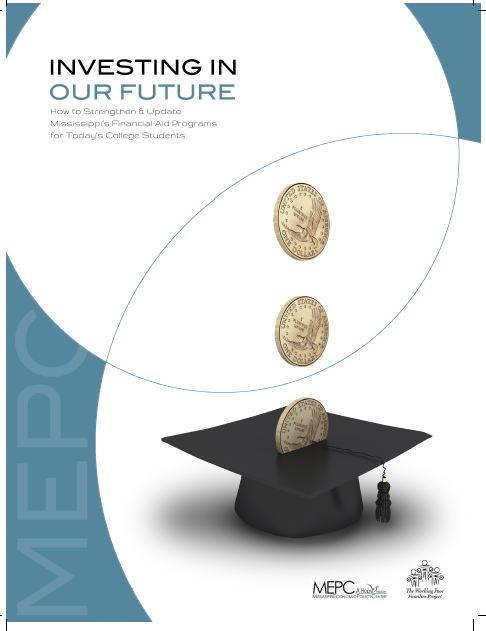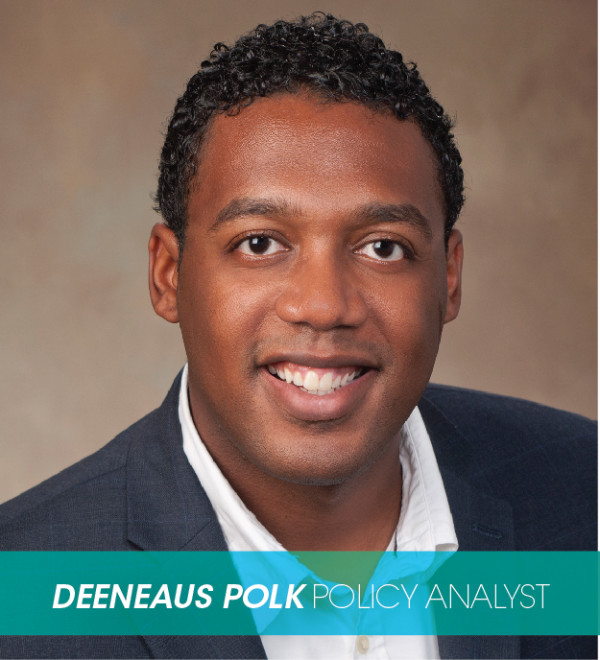Investing In Our Future
January 3rd, 2014
 In my last post, I discussed demographic shifts at Mississippi’s higher education institutions and how low-income, minority students often are not able to persist to a post-secondary credential due to numerous barriers. These students often share one common trait: they’re making the grade, but don’t have the financial means to complete college. Further, some of these students are pursuing “In Demand” courses of study such as healthcare or STEM related occupations. Receiving a post-secondary credential allows this group to better provide for their families while also helping Mississippi to attract and fulfill employer needs around the state. Mississippi can impact this group in a positive way by making changes to its major financial aid programs, which haven’t seen significant reform since their inception in 1995.
In my last post, I discussed demographic shifts at Mississippi’s higher education institutions and how low-income, minority students often are not able to persist to a post-secondary credential due to numerous barriers. These students often share one common trait: they’re making the grade, but don’t have the financial means to complete college. Further, some of these students are pursuing “In Demand” courses of study such as healthcare or STEM related occupations. Receiving a post-secondary credential allows this group to better provide for their families while also helping Mississippi to attract and fulfill employer needs around the state. Mississippi can impact this group in a positive way by making changes to its major financial aid programs, which haven’t seen significant reform since their inception in 1995.
Investing in Our Future makes several policy recommendations that will allow Mississippi to alter its current financial aid programs so that it will work better for all Mississippi students. These recommendations also facilitate college completion, thereby making the state more competitive for potential employers.
Key findings include:
- Financial aid is important for post-secondary completion.
- A low portion of state grant aid goes to students with financial need.
- That student enrollment has both risen and become much more diverse in higher education within Mississippi.
The report’s recommendations include:
- Moving the application deadline for the Higher Education Legislative Plan (HELP) Grant, so that it is the same as deadlines for Mississippi Tuition Assistance Grant (MTAG) and Mississippi Eminent Scholar Grants (MESG).
- Removing MTAG exclusions that exist for full Pell Grant eligible students.
- Increasing the family income eligibility for the HELP Grant and shifting more resources to HELP.
- Opening eligibility for MTAG to part-time students.
- Increasing the financial aid appropriation for HELP Grants to ensure resources are available to cover additional students who are eligible for the program by adjusting family income thresholds and extending deadlines.
- Increasing overall appropriations for state grants to college and university students.
During the upcoming legislative session, the MEPC will be working diligently to advance a package of these recommendations.
Special thanks to Sarah Welker-Allin for her hard work in creating such an insightful and enlightening report. We miss you at MEPC!






